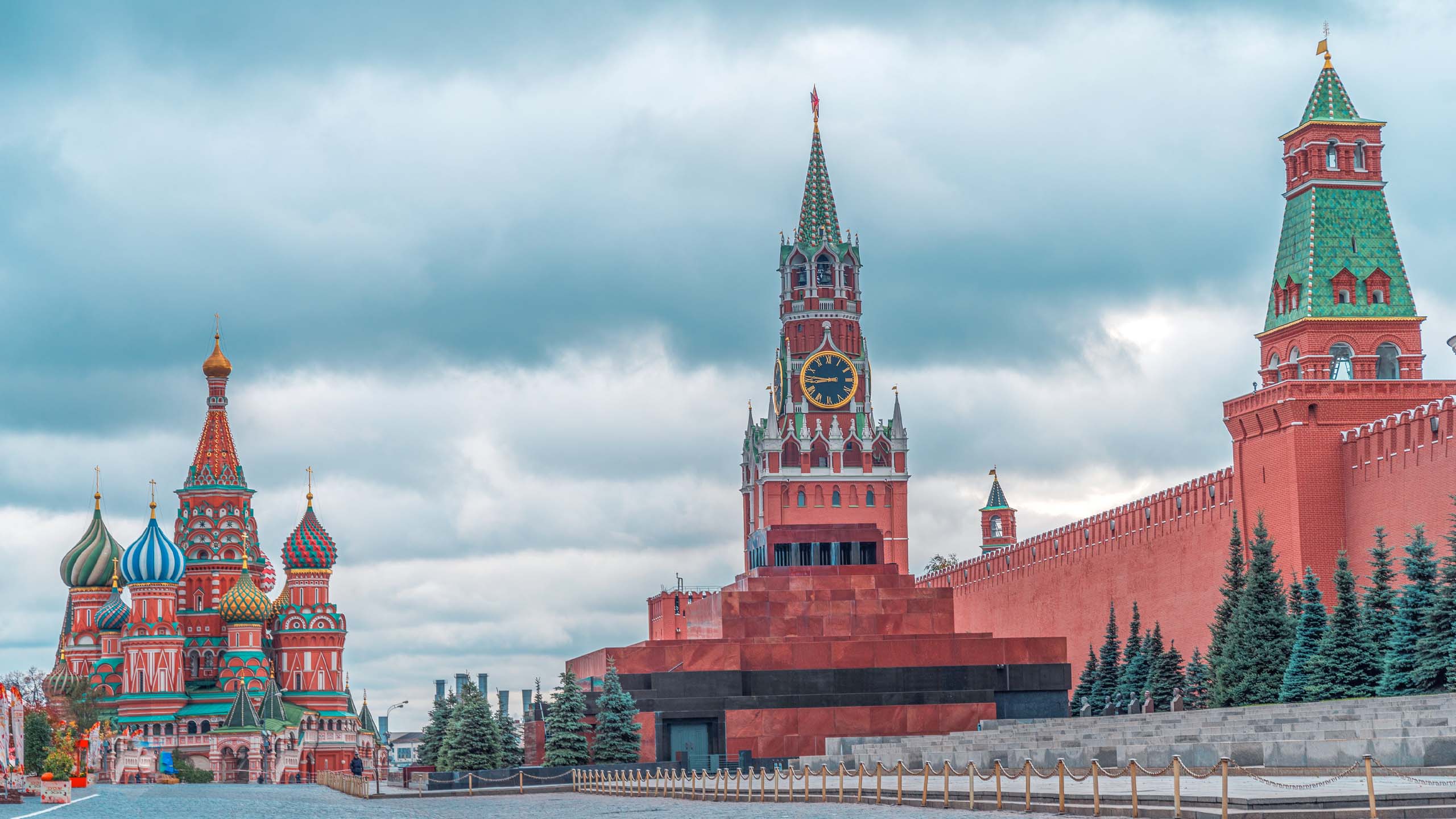Russia’s largest LGBTQ+ rights organization has been shut down by the government following a court ruling in support of Russia’s Justice Ministry last week.
The April 21 decision comes after a lawsuit in which a representative of the ministry claimed that the Russian LGBT Network and its parent organization, the Charitable Sphere Foundation, illegally “carried out political activities using foreign property” under the guise of a charity, according to court documents cited by NBC News. The Kremlin government also accused the group of spreading so-called “LGBT views,” and engaging in activities that go against “traditional values,” arguing that the organization’s activities were aimed at opposing anti-LGBTQ+ legislation.
Igor Kochetkov, a former director of the Russian LGBT Network, asserted that the court ruling in favour of the Russian government’s claims was made “not on legal, but on ideological basis.”
“The decision of the court is iconic—mandatory state ideology has returned. It is now official.”
“No Russian law prohibits the activity of organizations that ‘do not correspond’ to any values,” Kochetkov wrote in a Facebook post following the decision. “There is simply no such basis in the law for the liquidation of NGOs. In this sense, the decision of the court is iconic—mandatory state ideology has returned. It is now official.”
Based in St. Petersburg, the Russian LGBT Network provides support for queer and trans Russians amid an ongoing barrage of attacks on their right to exist. In 2013, Russia’s national legislature unanimously passed an anti-propaganda law banning the spread of information on “non-traditional sexual relationships” to minors. Five years ago, Chechen leaders began rounding up individuals suspected of being LGBTQ+ in an attempted “purge” of the community. At least three people have been killed.
Russia has a notoriously poor record on LGBTQ+ rights, ranking 46th among the 49 countries featured in Rainbow Europe’s annual review of equality across the continent.
Among Russia’s other LGBTQ+ rights abuses, a 2017 law effectively banned trans people from driving, and the country formally outlawed both same-sex marriage and trans adoptions last year. The passage of its so-called “propaganda” law has led to the erasure of virtually all forms of LGBTQ+ life, as well as a twofold increase in hate crimes.
Although sexual activity is no longer criminalized between persons of the same sex, Russian law provides no legal or anti-discrimination protections for LGBTQ+ people. Trans Russians are allowed to change their legal gender following gender-confirmation surgery, but government leaders are considering rolling back that option.
Russian LGBTQ+ advocates have seen an increase in queer and trans people seeking mental health, emergency and legal services in light of recent developments, according to NBC News.
“We do recognize there is little room for upholding human rights in today’s Russia,” Dilya Gafurova, a spokesperson for the Charitable Sphere Foundation said. “That’s exactly why Russian LGBT+ people need help more than ever.… That is precisely why Sphere’s team does not consider it possible to stop doing what we do.”
Against that backdrop, the Kremlin tried and failed to liquidate the Russian LGBT Network and the Charitable Sphere Foundation back in February. The newest court decision coincided with an April 26 ruling in which a Russian court fined Meta Platforms, Inc., the company that oversees Facebook and Instagram, the equivalent of $54,030 for failing to delete posts containing alleged “LGBT propaganda.”
Despite last week’s ruling effectively shutting down LGBTQ+ rights groups, Gafurova said queer and trans activsts will continue to fight.
“We are planning to appeal the judge’s ruling, as we see this case as a key one for LGBT+ movement in the history of modern Russia,” she said in an email. “Ideology should not prevail over law, and the Russian government should recognize LGBT+ people as a social group, as its own citizens who exist and whose rights need and can be protected.”


 Why you can trust Xtra
Why you can trust Xtra


